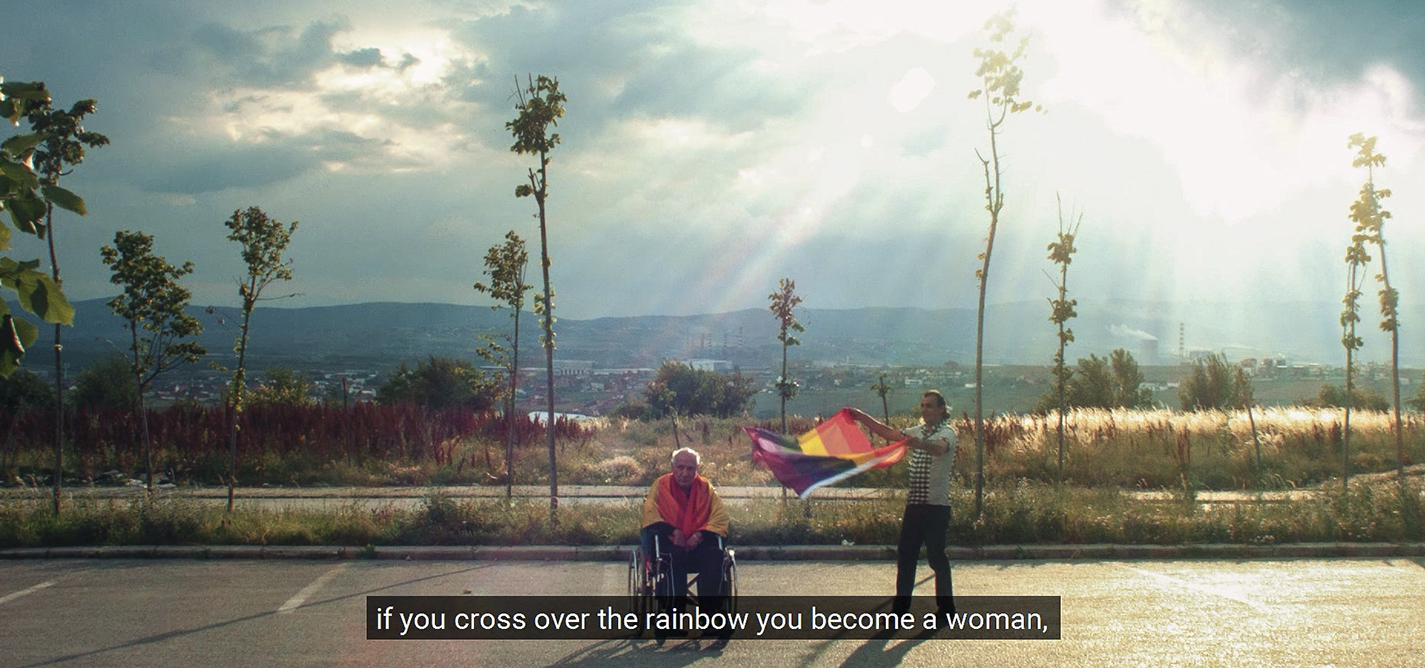
A Place to Call Home
Violence and hate leave LGBTI people in Kosovo to search for safety and acceptance.
|10.12.2018
|
When a whole group of society feels endangered then solidarity among group individuals grows sharply.
Arbër Nuhiu, CSGD.LGBTI rights organizations have been advocating and lobbying for the inclusion of sexual orientation and gender identity within Article 147 as grounds for hate speech or hate crime.
“The shelter in Kosovo must be independent from donors or funds. We cannot tell the victims that you have a shelter today but after six months it will close because of lack of funds.”
Blert Morina, CEL.
Dardan Zhegrova
Dardan Zhegrova is an artist and freelance journalist. His artistic works play with the flux between language and its translation into visual representation. His journalistic practise is focused mostly on culture and human rights. Dardan is a K2.0 Human Rights Journalism Fellowship program fellow (2018 cycle).
This story was originally written in Albanian.